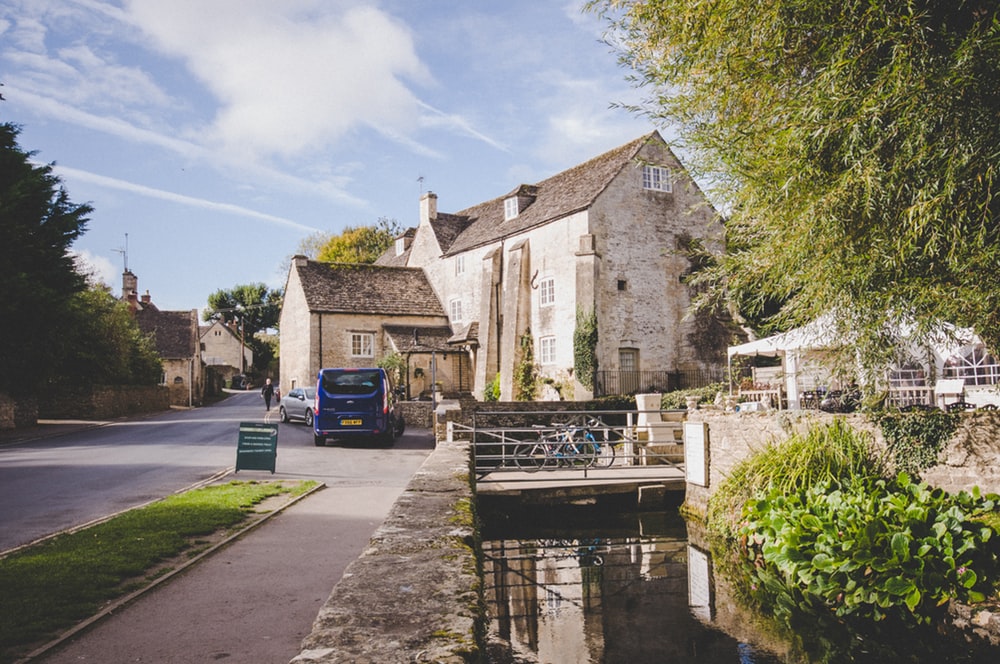August 5th, 2019. Mark Hughes
The Cost of Wellbeing: How and Why It Impacts Property Prices
House prices are volatile measurements that can shift from the slightest cause, but the health and wellbeing of a local area play a much bigger part than most think. There is a direct link to the effects of poor housing on health, so it’s understandable that people naturally gravitate to areas that have the best living conditions. Areas with the highest wellbeing, as a consequence, tend to demand higher house prices.
Here, we discuss how wellbeing impacts house prices, the reasons behind this, and the areas of the UK which boast the highest levels of happiness.
Why Does Wellbeing Play A Part

Simply put, people are naturally drawn to areas where wellbeing is higher. Housing directly influences our health, with a “healthy home” offering:
- Affordable accommodation
- Provisions for the household needs
- A place where inhabitants feel comfortable and safe
- Connections to the wider community
Of course, much of this is subjective. Generally, though, areas which have more links to green spaces, a supportive community, low traffic, relatively high affluence and low levels of crime will have a higher wellbeing. These naturally inflate house prices as they are desirable to have in any home.
For example, 2017’s saddest place in the UK, Corby, has an average house price of £206,920, lower than the whole UK average of £226,798. The impact of wellbeing becomes even starker when comparing the places with the highest levels of wellbeing with the lowest.
Which Areas Are The UK’s Happiest?

The current top-three happiest places in the UK are Winchester, Babergh and Rushcliffe.
Winchester topped the wellbeing list by a wide margin thanks to the local authority’s high earnings, a higher than average sense of happiness from its inhabitants, and very low levels of deprivation.
Other factors such as low carbon levels, proximity to both urban and rural areas, low crime levels, low inequality rates, and higher life expectancy also played a part. For that reason, house prices in Winchester average out at £569,582, well above the UK average.
Barbergh is also significantly higher at £296,917, with Rushcliffe prices rising 8.3% year-on-year. Where there’s wellbeing comes financial interest, which turns into house price inflation pretty quickly. What Other Health Factors Impact House Prices?
What Other Health Factors Impact House Prices?

Even smaller things, such as smoking, can greatly impact the health of your local property market.
Research from One 77 Mortgages indicates that areas with fewer smokers see their homes sell for 82% more on average. By analysing ONS data, the company found that areas where just 4-10% of the population smoke, the average property price is £335,716, which falls to £184,878 found in areas where 19-26% of the population smoke.
Smoking indoors makes an individual home harder to sell, but for the habit can change local housing markets significantly. The fact data illustrates the trend that its effect on public health can bring down house prices in a general area indicates that wellbeing and happiness is not the sole health factor dictating house price.
Want To Know More About The Housing Market?
If you’re thinking about getting on the property ladder or diversifying your property portfolio, then we can help. Just give our experienced residential mortgage brokers a call for in-depth analysis and advice.
Article By Mark Hughes
August 5th, 2019
Mark has 15 years’ experience within the financial industry working for high street banks and specialist brokers and now focuses on Bridging finance and Second charge loans.
He would describe his style of brokering as being heavily based on knowledge and efficiency.
See more articles by Mark




